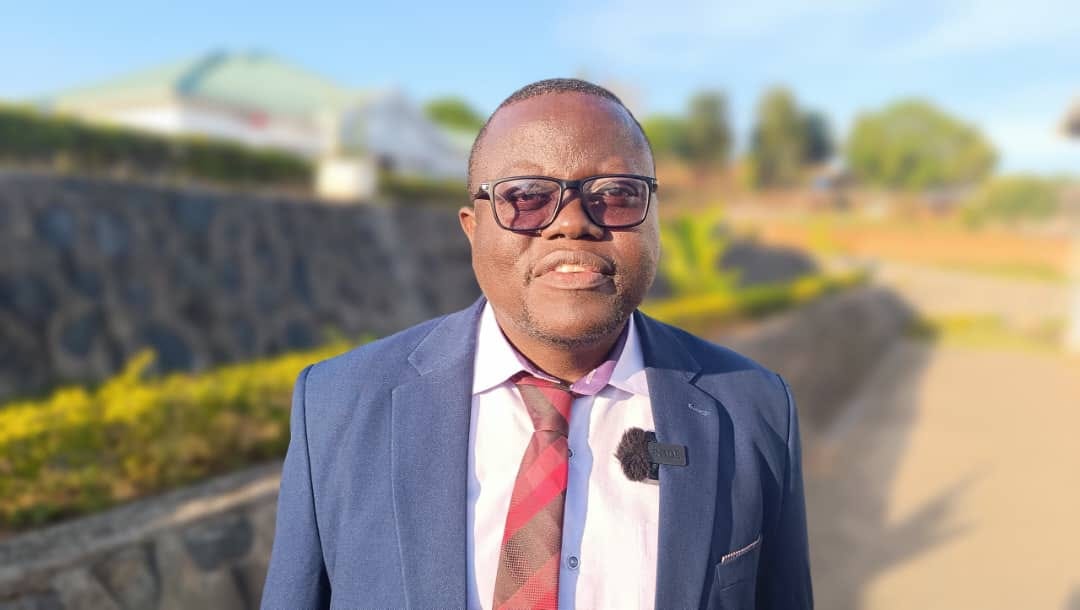Northern Region Water Board Faces Operational Threat After 73% Loss
Munthali declared that this financial haemorrhage "has had a severe impact on the board's operations, sparking concerns about the organisation's future sustainability."
MZUZU, Malawi—The Northern Region Water Board (NRWB) is grappling with a “catastrophic” 73% loss in the 2023-2024 fiscal year, leaving the organization in a precarious position, said Chief Executive Officer Francis Munthali, writes Tionge Hara.
In an exclusive interview on Monday, October 14, 2024, following discussions with civil society organizations and media representatives, Munthali disclosed that the NRWB suffered losses of approximately K9.6 billion over the past year.
Munthali declared that this financial haemorrhage "has had a severe impact on the board's operations, sparking concerns about the organisation's future sustainability."
He attributed these substantial losses to several factors, including significant investments in infrastructure improvements that have enhanced water accessibility but have not yet generated sufficient revenue to offset costs.
"We have invested, and the investment has paid off in that our town now has very good water access, almost 24 hours a day," Munthali explained.
"However, the revenues are still small, yet the associated costs of these investments, such as depreciation and interest on loans, remain high at this early stage."
The CEO pointed out that since 2018, the government has restricted tariff increases due to economic concerns and the essential nature of water services.
"We are selling water at a cost lower than production, which is why we are experiencing these losses," Munthali said.
To address the financial shortfall, the NRWB is currently in consultations with customers regarding a potential tariff increase.
Munthali indicated that they are considering a 15% increase for commercial and institutional customers while acknowledging the delicate balance between financial sustainability and the fundamental right to water access.
Despite the financial challenges, civil society leaders expressed support for the water board's efforts.
Edward Kantuseya, Chairperson for the Mzuzu Civil Society Network, commended the NRWB for its dedication to providing quality water services.
"Water is a fundamental human right for all individuals, and we acknowledge the board's commitment to providing this essential service to the community," Kantuseya stated.
Kantuseya emphasized the need for community support and collaboration to address the challenges faced by the board and ensure the continued provision of quality water services.
Alepher Kasongo, Vice Chairperson for the Nyika Media Club, also applauded the NRWB for its engagement with stakeholders and its efforts to maintain water quality and quantity despite the ongoing challenges.
The financial crisis at the NRWB highlights the broader challenges facing public utilities in developing countries as they strive to expand and improve services while maintaining affordability.
As consultations on tariff increases continue, the situation underscores the delicate balance between financial sustainability and ensuring access to essential services for all citizens.
The NRWB's struggle serves as a critical reminder of the importance of sustainable funding models for public utilities and the need for collaborative efforts between government, service providers, and communities to ensure the long-term viability of essential services like water provision.



